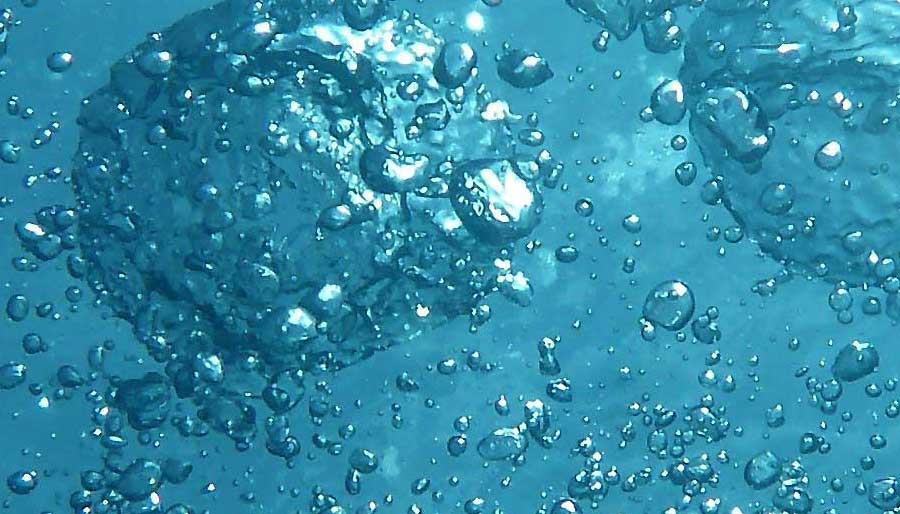
WATER WEIGHT / Fluid Retention
On any regular day, the human body is made up of about 60% water. This water plays a crucial role in maintaining your overall health and bodily functions. For example, you need water to regulate body temperature, transport nutrients, cushion your joints, and maintain proper organ function.
With that much water on board, it will come as no surprise that fluctuations in water retention can lead to noticeable changes in weight and physical appearance.
Water weight, also known as fluid retention or edema, refers to an of excess water held within the tissues of the body. It’s a common phenomenon that can be caused by various factors, ranging from what you eat, to how much you move, hormones and even the weather.
What causes “water weight” gain?
1. Salt
One of the main causes of water weight gain is sodium intake. Sodium is a component of salt, which attracts and retains water in the body. Consuming high-sodium foods or excessive salt can cause your body to retain more water, resulting in bloating and temporary weight gain.
It’s no secret that processed foods, manufactured meats/deli cuts, canned soups, and fast food are loaded with sodium. The salt enhances flavour and helps preserve these foods so you keep going back for more.
2. Hormones
Hormonal fluctuations – particularly in women, another inconvenient trigger for water retention. Changes in estrogen levels during the menstrual cycle can cause fluid retention, causing symptoms like bloating and breast tenderness.
3. Inactivity
Sitting or standing still for long periods of time can really slow the water from circulating around your body the way it should. Fluid pools in places like your ankles, and builds up around your body tissue. It’s why they tell you to move your feet and stretch on long flights.
4. The Weather
Your body can be less efficient at removing fluid from tissues when it’s hot outside. This is because heat and humidity cause your blood vessels to expand and dilate which draws more fluid to fill the spaces between tissues.
5. Medications
Certain medications, such as corticosteroids and nonsteroidal anti-inflammatory drugs (NSAIDs), can also cause water retention as a side effect. These medications alter the body’s fluid balance and may lead to swelling in the extremities or around the eyes.
6. Other Medical Conditions
Medical conditions such as heart failure, kidney disease, liver cirrhosis, and thyroid disorders can disrupt the body’s ability to regulate fluid balance, resulting in edema.
How do I reduce water weight?
1. Reduce your salt intake: avoiding processed foods, and refraining from adding salt to your cooking and at the dining table are your first steps to reducing water retention.
2. Drink plenty of water: Counterintuitively, staying hydrated can actually help flush out excess sodium and reduce water retention. Nothing is better than drinking plain old water for flushing the system out.
3. Move more: Engaging in physical activity can stimulate circulation and lymphatic drainage, reducing fluid buildup in tissues. Get moving – even just a regular walk to break up all that sitting.
4. Increase your potassium intake: Potassium is an electrolyte which helps to regulate the fluids sloshing around your body. Potassium-rich foods like bananas, avocados, and leafy greens can help balance sodium levels and promote proper fluid balance.
5. Increase your magnesium intake: Another electrolyte whose function is key to your fluid balance. You’ll find dark green leafy vegetables, nuts, seeds, and whole grains are rich in magnesium.
6. Cut back on dehydrating beverages: Excessive caffeine and alcohol intake can cause dehydration, which actually makes your body hold on to excess water.
Is water weight always bad?
Water weight is not inherently bad – in fact it’s a natural and necessary aspect of the body’s functioning. Mild fluctuations in water weight are normal and often temporary. For instance, consuming a meal high in salt can cause the body to retain more water temporarily, leading to bloating and a slight increase in weight. This is generally no big deal.
However, persistent or excessive fluid retention can be a cause for concern. In some cases, it may indicate underlying health conditions that require medical attention. It’s essential to pay attention to any significant or sudden changes in water weight and seek advice.
References
1. The practical management of fluid retention in adults with right heart failure due to pulmonary arterial hypertension
2. Fluid retention: What it can mean for your heart
3. Salt and water: not so simple


